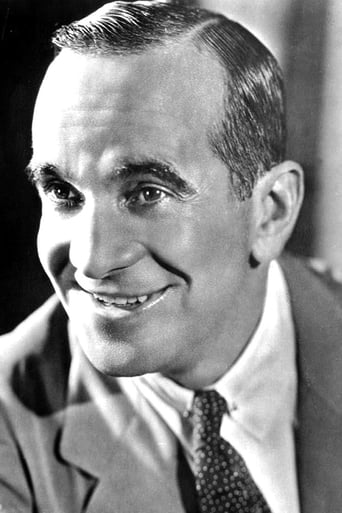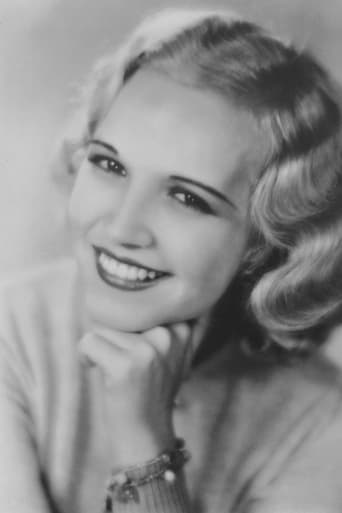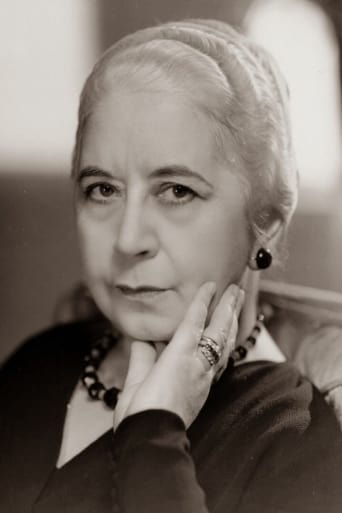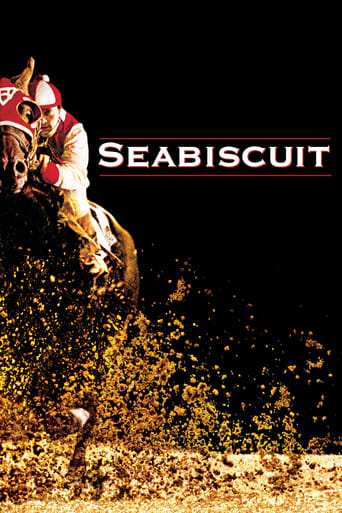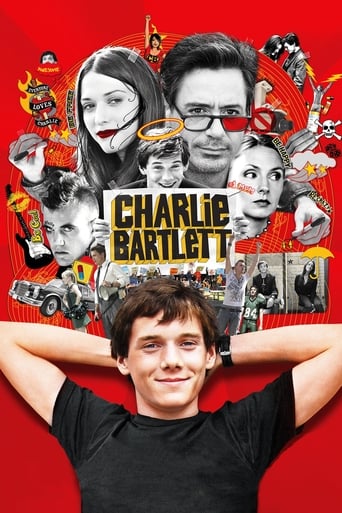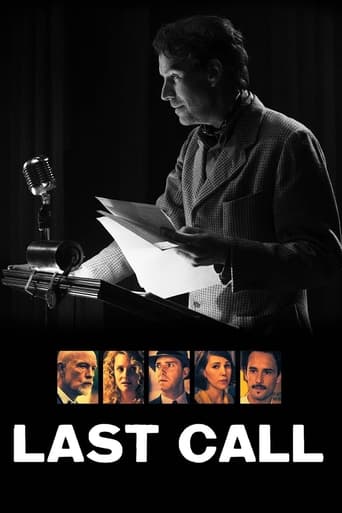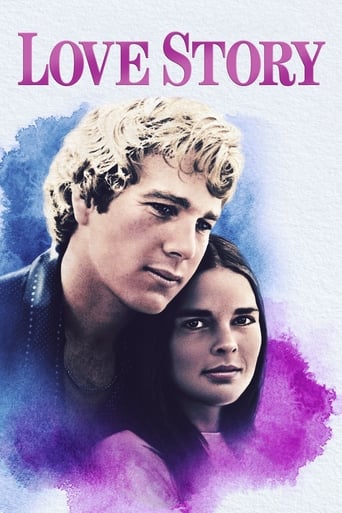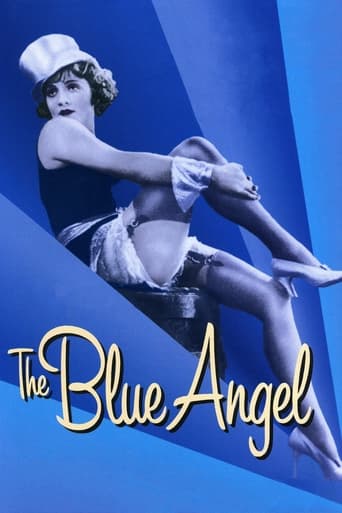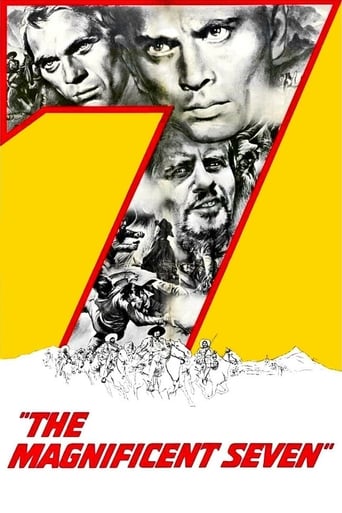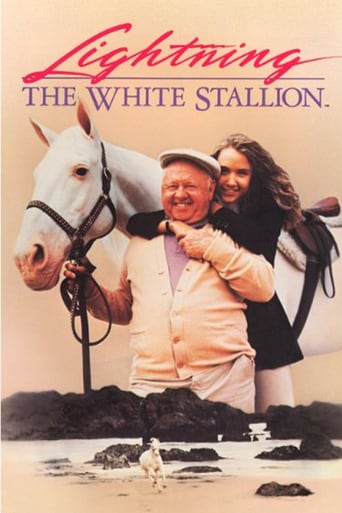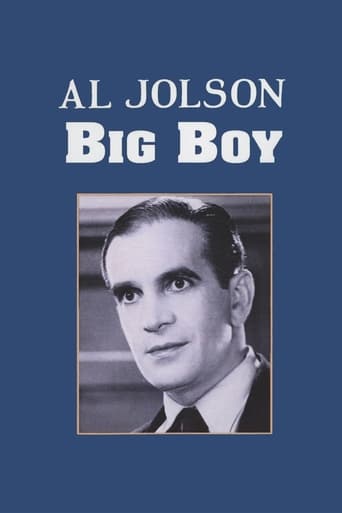

Big Boy (1930)
Gus, the trusty family retainer, has hopes of riding his boss' horse, Big Boy, to victory at the Kentucky Derby.
Watch Trailer
Cast


Similar titles
Reviews
The movie "Big Boy" can be thoroughly enjoyed if you put into the context of when it was made. It may seem very bizarre to audiences today to see someone in black-face but be rest assured this was the norm for the 20's and 30's. This is not the norm for the 2000's or is it? In 2004 a Wayans Brothers movie called "White Chicks" was released and featured black men in white-face. I was truly offended that in the year 2004 such racism on screen could still be depicted.Although "Big Boy" is not considered a classic it still has key elements of hilarity. Just as "White Chicks" relied on the exaggerated mannerisms of The Wayans Brothers in white-face Jolson's exaggerated black man is one of the elements that keeps the viewer smiling throughout. This is a recommended movie that was made 74 years before the dismal racist "White Chicks"!
...largely because of the fact that by the autumn of 1930, when this film was released, musical films were a sure fire miss at the box office. However, Jolson still owed Warner Brothers one more film to fulfill his contract. Thus they came up with the idea that Jolson should reenact his role as Gus in one of his Broadway hits, "Big Boy". This would allow Jolson to sing but be more likely to attract audiences. This required Jolson to do the entire film in black-face as a black man who is a servant on a plantation. If this had been done seriously I'm sure it would leave modern audiences aghast. However, let me assure you that through the entire film Jolson, as Gus, is kidding the audience. Let me also assure you that Gus is smarter than the family that employs him. I doubt most of them could reason their way out of a paper bag without his assistance. Gus' family has been serving the Bedford family for generations. Specifically, Gus is trainer and jockey for the Bedford family prize horse, Big Boy. However, one member of the family has written a bad check to a girl in the city, and a gambler is using that as a threat to the young man so that he can fix the results of the Kentucky Derby. Under fear of being sent to jail if the bad check is reported to the police, the young man gets Gus fired so that a jockey that will throw the Kentucky Derby can be hired to ride Big Boy. It sounds like serious stuff, but believe me the whole thing is performed tongue-in-cheek, at least Jolson's part is.Just because 1930 audiences had their fill of musicals did not mean they had their fill of Jolson, so at the conclusion of the film Jolson is introduced as himself without makeup to sing one song. I'd recommend this one, but you have to like Jolson and you have to remember that this film was made eighty years ago and that no harm was intended by any of the characterizations.
BIG BOY (Warner Brothers, 1930), directed by Alan Crosland, is a curious item produced during the early days of sound films. Starring the legendary entertainer of Al Jolson, making his fifth screen appearance, it did offer him the rare opportunity to not only reprise one of his many stage roles from a Broadway days, but to display a type of character made famous by his contemporary, Eddie Cantor, that of a wisecracking wiseacre who occasionally bursts into song. While Jolson is noted for performing in song numbers in black face, a tradition he would enact in many of his screen musicals of the day, this is the only time he would play a central character entirely in black-face. In spite of these taboos, Jolson performs his character in the most relaxed manner, giving the movie a different feel from his previous sentimental dramatic efforts that began with his historic "first talkie," THE JAZZ SINGER (1927). One would wonder how his performance would have played had he not performed in black-face. But in his day, Jolson in black-face is more a tradition with him as a clown's makeup and red nose in a circus. And at times, Jolson performs his character here in a circus-like performance rather than his previous efforts with sentiment and tears. While the title, BIG BOY, pertains to a race horse bearing that name, this is Jolson's movie from start to finish, making not only the title character secondary, but the supporting players (with the exception of fine character actress Louise Closser Hale) just merely background decorations to Jolson's singing and clowning.After a brief opening consisting of title, cast and credits,with horses seen beyond the lettering racing to victory towards the finish line, the story (which indicates to its viewers that this is a horse racing story), begins at Bedford Stables where Gus (Al Jolson), is singing to a group of black children followed by him singing a sentimental ballad to a pony named Big Boy. Two years pass by and Gus is still seen caring and singing to Big Boy, now a full grown horse. Hoping to recoup the family fortune, the Bedford family state their hopes on Big Boy to be trained for the Kentucky Derby by Gus. Shortly before the big race, Jack (Lloyd Hughes) and Annabel (Claudia Dell) return home from school in the east, with Jack accompanied by Coley Reed (Eddie Phillips), Doctor Wilbur (Lew Harvey) and Steve Leslie (Colin Campbell), an English jockey. Reed persuades Jack to urge his grandmother (Louise Closser Hale) to entrust the race to Steve, and succeed in having Gus fired so that the bad guys can "throw the race." But while Gus succeeds in obtaining employment as an eccentric singing waiter, he eventually learns of the scheme and outsmarts the crooks.Unlike some other Jolson musicals, BIG BOY has some listenable tunes, but none to have appeared to become standards. In the existing film, the songs, written by Sammy Stept, Bud Green, among others, mostly sung by Jolson, that are featured include: "Liza Lee," "My Little Sunshine," "Dixie's Land," "All God's Children Got Shoes" (Negro spirituals, including the traditional "Let My People Go"); "Tomorrow is Another Day," "Tomorrow is Another Day" (reprise), "Hooray for Baby and Me" and "Tomorrow is Another Day" (reprise and finale).BIG BOY has its moments of comedic fun, as well as scenes that don't perform well for contemporary audiences, such as the flashback sequence set in 1870 which details of how Gus's grandfather (Jolson) had rescued Annabel's grandmother (a role performed by Louise Closser Hale in modern setting and by Claudia Dell in flashback) from being kidnapped by the villainous John Bagley (Noah Beery). The story is then highlighted by a lengthy nightclub sequence where Gus, working as a waiter, gets his last words to some angry customers, (one of them played by character actor Eddie Kane), along with comedic singing by Jolson to the tune, "Hooray For Baby and Me." BIG BOY also includes some "in jokes" pertaining to one of Jolson's hit tunes to "Sonny Boy" which he introduced in his second film, THE SINGING FOOL (1928). He sings it briefly once from under the table following a rumble set in the restaurant. In the film's final moments where Jolson steps out of character and black-face, surrounded by the cast in the play, to wrap it up with a Jolson song to the audience on screen. Jolson takes song requests, which is shouted out by many at one time. When one member of the audience asks him to sing "Sonny Boy," everyone suddenly gathers up from their seat to start walking out before Jolson puts a stop to that by singing the movie's theme song for the third and final time, "Tomorrow is Another Day," a phrase made more famous in the closing line to Margaret Mitchell's novel and David O. Selznick's epic motion picture to GONE WITH THE WIND (1939).BIG BOY not only reunites Jolson with his JAZZ SINGER director, Alan Crosland, it marks his shortest screen feature (67 minutes) and a rarity in becoming his second released film in a single year. It also marked an end to Jolson's first cycle in motion pictures (1927-1930). While BIG BOY reportedly didn't do well at the box office in 1930, it does, however, remains an interesting antique that occasionally comes out of mothballs when shown on cable television's Turner Classic Movies. On a final note, this, and the other films of Al Jolson made at Warner Brothers (1927-1936), were at one time available on laser disc back in the late 1980s. While BIG BOY never got distributed to home video, it did become available on DVD through the TCM Archives collection in 2010.(**)
This movie is most notable as the film where Al Jolson plays the lead role in black face, which - in case you don't know - was the way any black lead role was because black people weren't allowed to have starring roles in Hollywood. Of course, if you can beyond the disgusting display of a white actor playing an over-the-top black stereotype...well, it's a pretty bad movie anyway.


